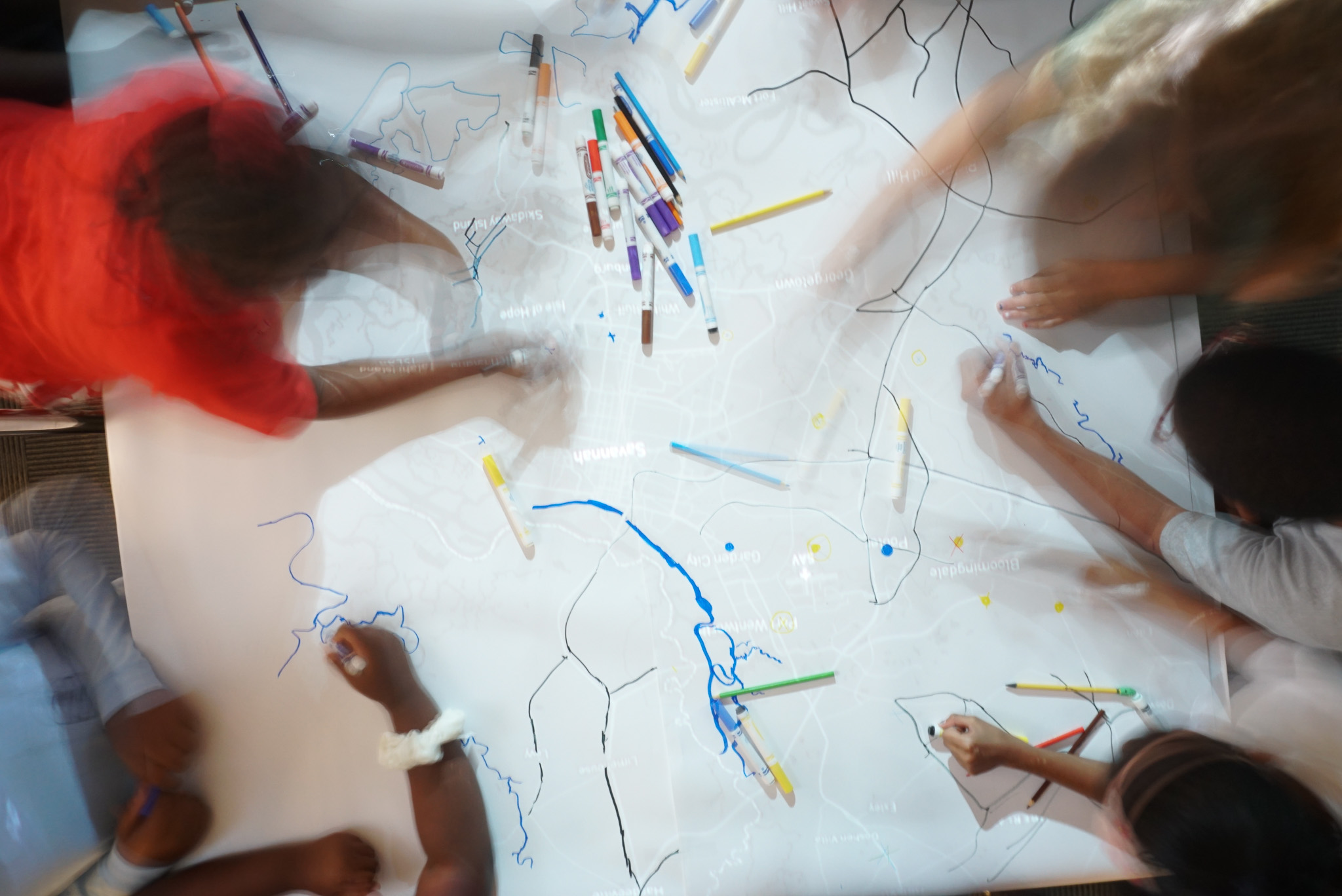Writings
JAN/18 -
∞
Articles
Mohsin Y. K. Yousufi, Charlotte Alexander, and Nassim Parvin. 2025. Credibility Boosters as a Lens for Understanding Epistemic Injustice in Civic Tech: The Case of Heat Seek. Proc. ACM Hum.-Comput. Interact. 9 7, Article CSCW392 (November 2025), 30 pages. https://doi.org/10.1145/3757573Sumita Sharma, Behnaz Norouzi, Edward Peter Greenwood White, Eva Durall Gazulla, Mohsin Y. K. Yousufi, Netta Iivari, Noura Howell, Pauli Klemettila, Suleman Shahid, Sayan Sarcar, Xingyu Li, and Wricha Mishra. 2025. Lost in Translation: Researchers’ Reflections on Writing in English for CHI. In Proceedings of the Extended Abstracts of the CHI Conference on Human Factors in Computing Systems (CHI EA '25). Association for Computing Machinery, New York, NY, USA, Article 636, 1–9. https://doi.org/10.1145/3706599.3716231
Hyde, Allen, Meltem Alemdar, Katie OConnell, Philip Omunga, Yousufi, Mohsin, et al. 2024. “Promoting Youth Advocacy for Resilience to Disasters: A Pilot Study.” Gender & Development 32 (3): 749–72. doi:10.1080/13552074.2024.2415224.
Yousufi, M., Epistemic Injustice in Technology and Policy Design: Lessons from New York City’s Heat Complaints System', Proceedings of Public Interest Technology - University Network Summit Research Symposium 2023 *Awarded Best Graduate Paper (Peer Reviewed)
Mohsin Yousufi, Yanni Loukissas, Allen Hyde. 2023. Bridging Data and Experiences: Engaging Youth in Digital Civics through Participatory Mapmaking for Resilience, DIS 2023, Designing for and Reflecting upon Resilience in Health and Wellbeing Workshop (Reviewed Abstract)
Mohsin Yousufi, Charlotte Alexander, and Nassim Parvin, “Social Justice through Technology and Policy Design,” CHI 2023, Designing Technology and Policy Simultaneously: Towards A Research Agenda and New Practice. (Reviewed Abstract)
Mohsin Yousufi, 2020, “On Schisms and Generalism”, Moving Forward, Vol. 1, Issue: Aug 2020, Pages 44-45, Indus Valley School Architecture Journal
Mohsin Yousufi, 2019. “Prospects for a 21st Century Architecture”, Undergraduate Dissertation, Indus Valley School of Art & Architecture, Pakistan *distinction awarded
Mohsin Yousufi, 2018, “Architecture + Communal Space and the Future”, Proceedings of IAPEX - Karachi 2018, Institute of Architects Pakistan.
Theoretical Explorations
2021, The Problem of ContextThis paper applies Actor-Network Theory (ANT) to explore the concept of 'context' in architecture. ANT traces associations between actors in an 'actor-network', providing a useful descriptive tool. It helps clarify and expose weaknesses of assumptions and ideas underlying 'context' in architecture. As the need for more relevant and sustainable architecture increases, an exploration of 'contextual' is timely and essential. Supervised by Prof. John Stallmeyer at the University of Illinois, Urbana-Champaign's School of Architecture.

